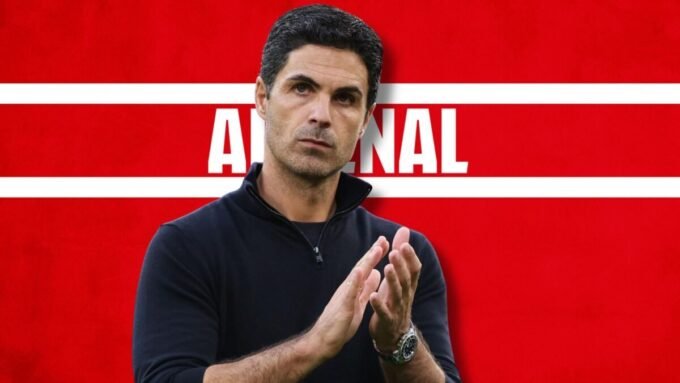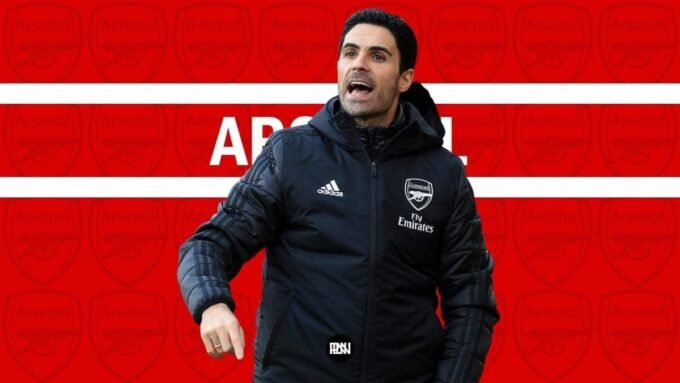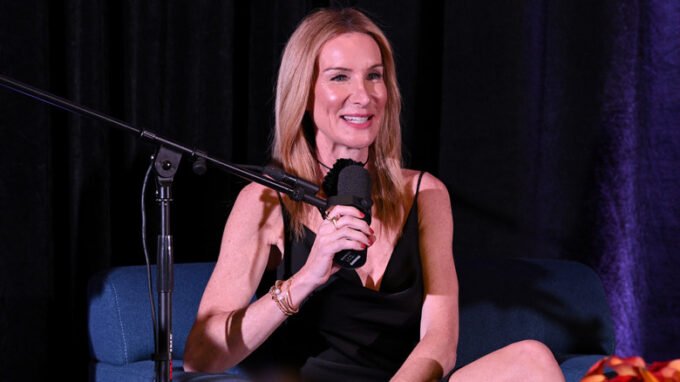It’s quite something, really, how one simple promise can stir up so much chatter. Peter Obi, the former Anambra State governor and a one-time presidential candidate of the Labour Party, has doubled down on his pledge to serve only a single term if elected president of Nigeria. Yep, he’s sticking firmly to that four-year limit. Now, some might wonder, is that really enough time to shake things up in a country as complex as Nigeria? Obi insists, without a doubt, that it absolutely is.
Why Four Years? Isn’t That Too Short?
Obi’s argument centers on something pretty straightforward yet often overlooked — leadership driven by genuine service over personal ambition can make a real difference even within a short span. He finds it a bit surprising, almost baffling, that his commitment to just one term sparks so much debate. Honestly, he’s almost challenging us here, saying, “Look, if the leader is sincere, 48 months is plenty to turn things around.”
What’s refreshing is that this pledge doesn’t come from a place of power-hunger or desperation. Actually, Obi seems quite keen to separate himself from that stereotype of politicians who cling on endlessly. He’s been upfront about never engaging in the kind of dirty politics we often hear about — no thuggery, no ballot box snatching, no rigging. He even throws down a sort of dare for skeptics to check his political record — they won’t find anything nasty there. It’s a bold stance in a landscape where elections can sometimes feel contentious at best.
ALso reaD: Thelma Calls Out Imisi Over “Victim Card” Drama on BBNaija Season 10
Obi paints a picture that’s, well, kind of sobering. Imagine steering Nigeria away from wasteful spending, like the billions dumped on extravagant presidential jets and unnecessary trappings—money that, in his view, could be better spent on schooling, hospitals, and roads. All of that could shift in a four-year window if the leadership is focused on real priorities.
The Realism and the Idealism in Obi’s Vision
Yet, there’s something about Obi’s message that’s both cautious and hopeful. He’s not waving a magic wand. Instead, he talks about confronting corruption head-on, strengthening laws, and safeguarding the rule of law — a tall order, no doubt. He believes free and fair elections can be held within his four-year term, setting the stage for a healthy democracy. It’s an encouraging vision, but part of me wonders how smoothly all this can happen given the political realities.
There’s an almost undetectable, maybe even refreshing awkwardness in his tone when he talks about the pledge — like he knows it sounds almost too simple, or maybe risky to some. That’s something many political promises lack: the hesitation that shows a genuine understanding of the challenges ahead, not just empty bravado.
While some may say four years isn’t enough to undo decades of mismanagement and corruption, Obi’s position is that a focused, sincere effort can, in fact, pack a punch within that timeline. It’s an interesting trade-off — one term of decisive action versus endless political maneuvering across multiple administrations. You get the impression that Obi isn’t just making a campaign promise; he’s putting forward a principle about service and leadership.
Nonetheless, the buzz his promise creates says something about our expectations of leaders—we’ve become suspicious when someone limits their own time in office. This suspicion complicates things, but Obi seems undeterred, almost as if he’s forcing a wider conversation about what genuine leadership means.
Also read: Odumodublvck’s Bold Promise: Quitting Music When His Crew Hits Big
For those who have closely followed his political journey, this stance probably feels true to form. Obi has always portrayed himself as a man of principle, even if that sometimes means swimming against the tide of mainstream politics.
So, while the promise of one term might seem audacious or even too optimistic, it’s grounded in the kind of earnestness that’s rare these days. Maybe that’s why it gets people talking—it sounds ideal, but it also feels real. It’s like he’s saying, “Look, I’m not here to stay forever; I just want to get things done right, and then step back.”
At the end of the day, whether one agrees or not, Obi’s insistence on delivering meaningful progress in just four years raises important questions about how we view political leadership and the pace of change. It pushes us to think harder about what’s achievable and who we trust to make it happen.








































Leave a comment